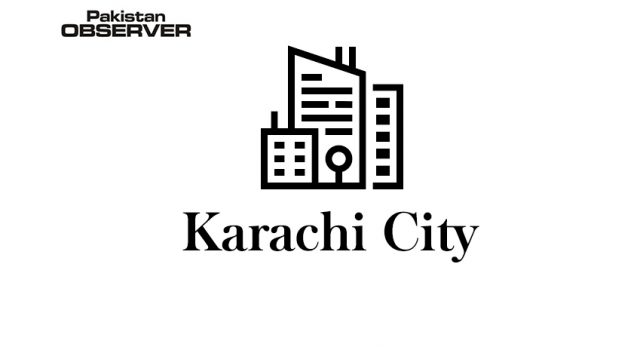Three days PROBE Conference organized by the Department of Physiology, University of Karachi concluded here Today.
The purpose of Conference was to spread awareness regarding healthcare among health experts and researchers.
In the known history of medicine, many pandemics have been reported and Covid-19 was the most recent that has been inducing shifts in every normal to new-normal.
The risk of pandemics can not be eradicated but the mortality, severity, and damage can be reduced by spreading awareness among the masses and upgrading our health systems.
To ensure global bio-safety not only the clinicians but everyone associated with the life sciences has to play its role and researchers from the basic medical sciences may contribute significantly through their findings towards better management plans, Dr Rumina Hasan from Agha Khan university(AKU), a member of Pakistan Medical Commission, shed light on the importance of basic medical scientists in an integrated health system particularly during pandemics while addressing during the proceedings of PROBE Conference organized here by the Department of Physiology, University of Karachi on Thursday.
The three days scientific assembly was attended by a large number of participants from different universities’ faculty and research fellows across Pakistan. The eminent scientists working in the field of physiology and allied sciences shared their markable work with students.
Dr Ahsana Dar from Hamdard University signified the eastern medicines and impartially compared the two health systems.
She highlighted the current updates, governing bodies, legislation on the global and local levels to recognize the alternative medicines, while that other active researchers in the field of alternative medicines explained the medicinal effects of different plants particularly in the treatment of cancer, liver diseases, and metabolic disorders.
Dr Amber Yasmeen, an alumnus of the department of physiology currently an active researcher in Canada shared her recent pronounced findings in the field of gynecological oncology.
and emphasized that cell behavior and drug response is patient-specific so despite generalized prescription the treatment approach would be personalized for everyone and the cancer diagnostic protocol would be switched to blood drop sample assessment rather than invasive painful tissue sampling.
Dr Syed Aqeel Ahmed from Tabba Kidney Institute discussed the less-talked yet most important issue of medical errors. He encouraged the youngsters to accept mistakes, learn from errors instead of hiding them, and potentiating irreparable loss.
He emphasized following the SOPs strictly and generating a strong monitoring system with a flexible attitude to unintentional mistakes with the concept of ownership and acceptance.
The presenters read articles on various branches of physiology including, renal, cardiovascular, pulmonary, digestive, neural, muscular, endocrine, reproductive, and poultry physiology.
The conference highlights included poster presentations from under- and post-grad students while M.H. Qazi best poster award, best poster post-grad awards were also announced to appreciate the young researchers.
Students also prepared the role-play videos to elaborate the physiological mechanisms and received acknowledgment.










